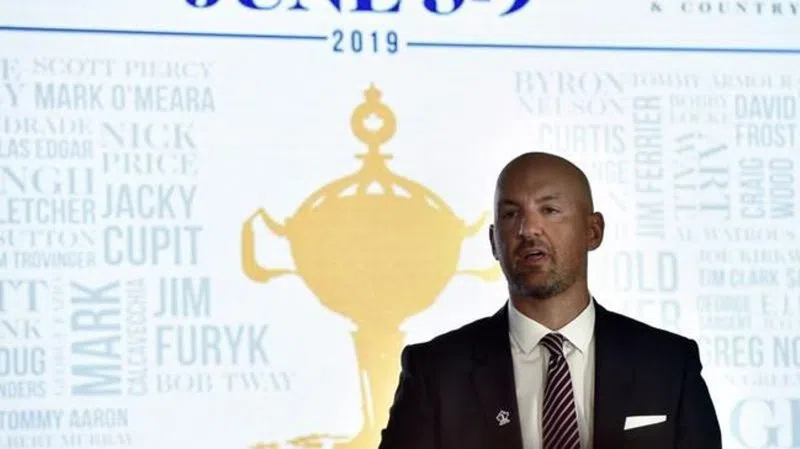
Golf Canada CEO Applebaum asks golfers to stay home during COVID-19 pandemic
When restrictions on public gatherings to combat the novel coronavirus lift, Golf Canada CEO Laurence Applebaum knows his sport will be ready.
Until then, he hopes that amateur golfers follow the lead of professionals and stay home.
Applebaum spoke about golf’s unique position as a pastime that can lend itself to social distancing on Saturday as he himself was in a 14-day period of self-isolation after attending the PGA Tour’s Players Championship in early March. He’s seen articles and online discussions about how golf is relatively safe during the COVID-19 pandemic but he still advises against playing for now.
“I think it’s really a normal thought to see golf as a great activity with regards to some of the social distancing guidelines that were given, but I would give further thought to the fact that it’s a lot more interactive than you may think at the outset,” said Applebaum. “Everyone has to do their duty to not come into contact with others.


